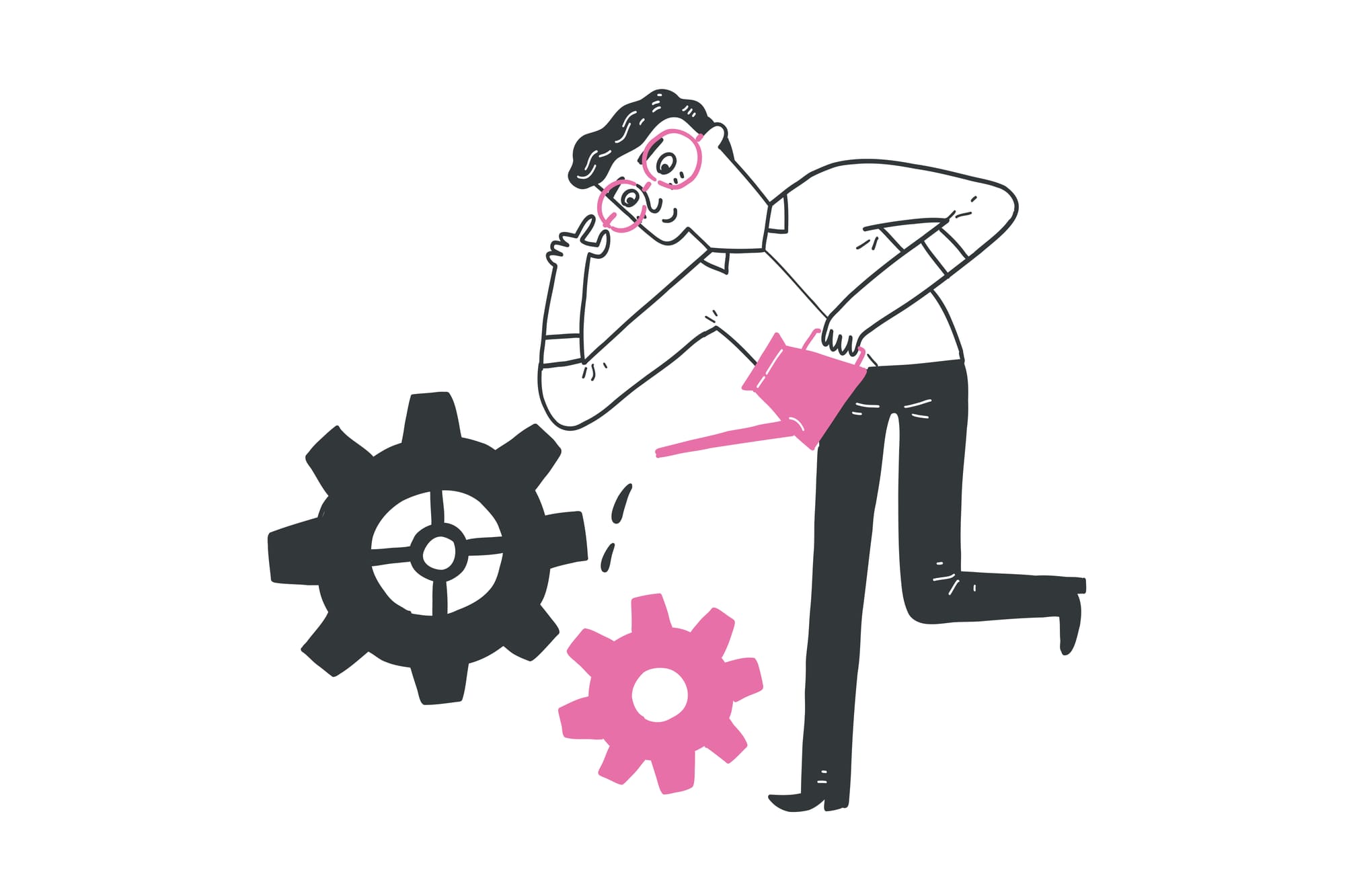This blog post is part of a series focused on behavioral practices in coding, specifically addressing Developer Behaviors.
Why Last-Minute Code Changes Is Bad 👎
It's the release day for a major software update, and your team is buzzing with a mix of caffeine and code. Just as you're about to wrap up, one of your rockstar developers spots a bug. He then goes deep-diving into the codebase like a tech ninja, while the rest of you are on standby, loading up on Java and offering suggestions. Hours later, you get through it, but at what cost?
Relying on heroics at the eleventh hour isn't just unsustainable; it's a recipe for burnout. These issues could have been addressed earlier, which instead led to a stressful and unsustainable work environment. Here's how to prevent such 'fires' 🔥 from happening.
How to Recognize This Behavior
- Frequent Last-Minute Commits: Regular occurrences of significant code changes or bug fixes submitted close to deadlines.
- High Stress Levels Pre-Release: Increased tension and long working hours immediately before software releases, indicating a rush to resolve outstanding issues.
- Repeated Dependence on Specific Individuals: A pattern where the same developers consistently step in to solve critical issues at the last moment.
- Low Engagement in Early Review Stages: Notable lack of in-depth discussion or feedback in the early stages of the code review process.
- Delayed Issue Identification: Recurring instances where bugs and defects are only identified and addressed shortly before the project's completion.
- Reluctance to Seek Early Feedback: A tendency among team members to hold back on sharing work-in-progress or seeking early input from peers.
How EMs Could Discourage This Behavior
- Establish Regular Review Cycles: Implement a system of frequent and incremental code reviews to identify and address issues early in the development process.
- Promote a Balanced Workload: Actively monitor and manage the distribution of tasks to prevent overreliance on specific team members and reduce burnout risks.
- Foster a Culture of Early Feedback: Encourage a team environment where seeking and giving feedback early in the development cycle is a standard practice.
- Comprehensive Review Training: Provide training and workshops focused on effective code review techniques and communication skills to enhance team collaboration.
- Set Clear Expectations and Deadlines: Clearly communicate project timelines and expectations, ensuring the team understands the importance of early issue identification.
- Utilize Predictive Analytics Tools: Implement software tools that can predict potential bottlenecks and stress points in the development cycle, allowing for preemptive action.
- Celebrate Proactive Problem-Solving: Recognize and reward behaviors that exemplify proactive issue resolution and early collaboration, reinforcing these practices within the team.
By recognizing these behaviors early and implementing proactive strategies such as regular review cycles, balanced workloads, and a culture of early feedback, teams can shift towards a more efficient, collaborative, and sustainable development process. Stay tuned for more insights in this series on developer behaviors and best practices in coding.





